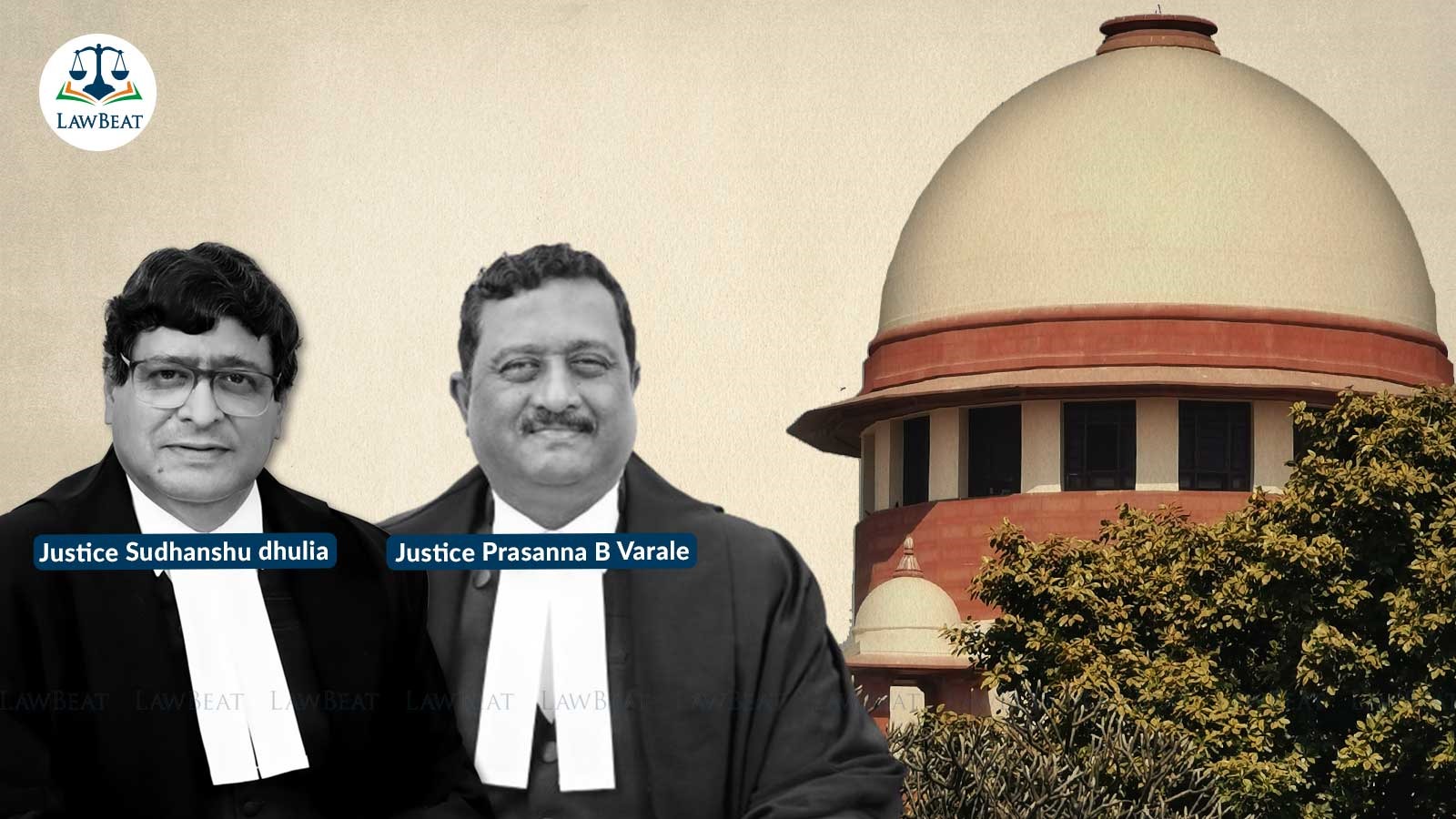Delay can be condoned under Limitation Act in filing appeal against acquittal: SC

Dealing with the appeal against the HC's order, the SC bench said though limitation period in preferring an appeal under Section 378 CrPC is mentioned, the said provision does not contain exclusionary provision to exclude the period of limitation
The Supreme Court has said if there is a delay in filing an appeal against the acquittal of the accused, such a delay can be condoned under Section 5 of the Limitation Act.
A bench of Justices Sudhanshu Dhulia and Prasanna B Varale dismissed an appeal filed by Mohd Abaad Ali and another against the Delhi High Court's order in 2017 rejecting a plea against condonation of delay in filing appeal against them in a case by the Directorate of Revenue Intelligence against them.
The appeal against acquittal filed under Section 378 of CrPC was accompanied by a delay condonation application, since the appeal was belated by 72 days.
The Delhi HC allowed the application for condonation of delay. The appellant then filed an application under Section 482 CrPC for recalling of the said order on grounds that Section 5 of the Limitation Act would not apply in case of an appeal against acquittal since the period of filing an appeal against acquittal, has been prescribed under Section 378(5) of CrPC itself, where there is no provision for condonation of delay. The HC again dismissed the application.
Dealing with the appeal against the HC's order, the court said though limitation period in preferring an appeal under Section 378 CrPC is mentioned, the said provision does not contain exclusionary provision to exclude the period of limitation.
"In the present case, there is no such exclusionary provision under Section 378 of CrPC, or at any other place in the Code. The benefit of Section 5 read with Sections 2 and 3 of the Limitation Act, 1963 can therefore be availed in an appeal against acquittal. There is no force in the contentions raised by the appellants as regards the non-application of Section 5 of the Limitation Act," the bench said.
The court pointed out where a special law prescribes a period of limitation, Section 5 of the Limitation Act would have no application, subject only to the language used in the special statute and the language prescribing a period of limitation is an important factor as well.
"There can be no quarrel with the argument that where a special law prescribes a period of limitation, Section 5 of the Limitation Act would have no application, subjec only to the language used in the special statute. The language prescribing a period of limitation is an important factor as well," the bench said.
The court cited the election statute which expressly barred filing of an election petition beyond 45 days.
"The language of the statute, leaves no ambiguity in this regard. “The High Court shall dismiss an election petition”, is the language given in the statute. Simply put the Court has no choice but to dismiss an election petition, which is filed beyond a period of 45 days. There is no scope for condoning the delay in an election matter," the bench pointed out.
The court vacated the interim order of March 20, 2017 and directed its registry to apprise the Delhi High Court to resume the proceedings in the matter.
